Health and Cleaning Uses of Common Household Items
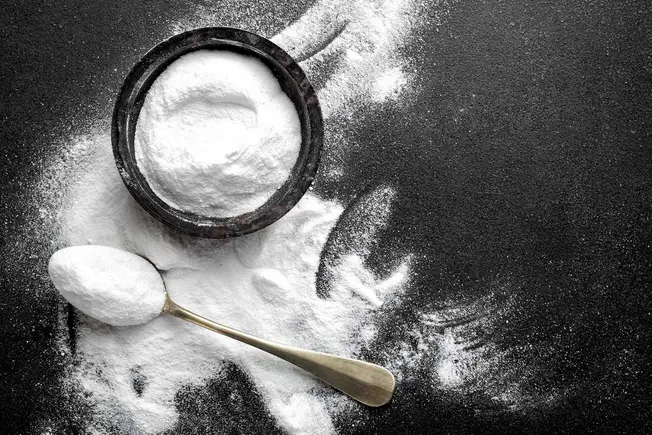
Baking Soda
Sodium bicarbonate can absorb odors in your fridge or under your armpits. It’s only mildly abrasive. That means it’ll clean your dishes, tub, or teeth without scratching them. Mix with water and swish some around if you have morning sickness or throw up after cancer treatment. It can wash away stomach acid that might hurt your teeth. Here are more tips on how to use baking soda:
General cleaner. Add 4 tablespoons of baking soda to 1 quart of water, or sprinkle some on a wet sponge.
Mouth rinse. Mix 1 teaspoon of baking soda with 4 cups of water.
Ease itchiness from poison ivy or bug bites. Mix with water to make a paste and put it on your skin.
Deodorant. Pat some under your arm.
For fresh laundry. Add a 1/2 cup of baking soda to the wash.
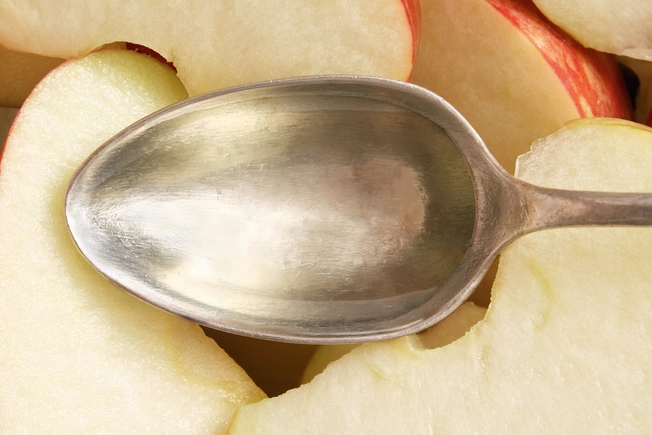
Vinegar and Your Body
Studies show 1-2 tablespoons of vinegar (white or apple cider) might help control your blood sugar after a meal. It can’t fix an unhealthy diet or replace your medicine if you have type 2 diabetes, but it may ease symptoms. Don’t drink large amounts because that might hurt your stomach. Talk to your doctor before you use vinegar on your head or body. It may soothe dandruff or itchiness from psoriasis, but it could also bother your scalp or skin.
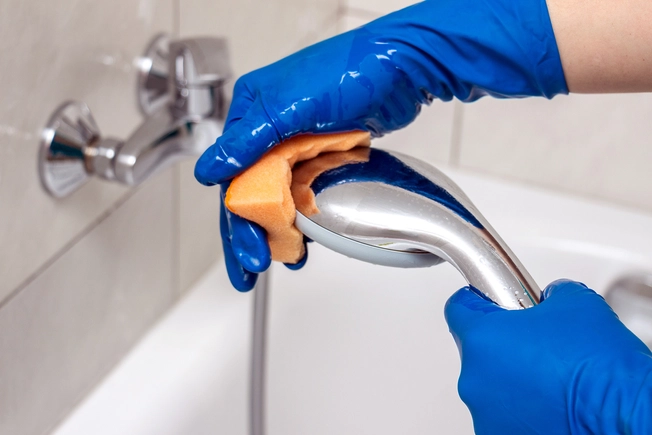
Vinegar and Your Home
Use distilled white vinegar to clean glass or:
Kill food germs. Leave surface visibly wet for 10 minutes to kill salmonella. Vinegar isn’t effective on most other viruses and bacteria.
Clean pet stains. Mix 1/2 cup vinegar with 1 quart of water. Dab the area and let sit for a few minutes. Test a small area first. Vinegar can fade colors.
Get rid of sweat stains. Spray the armpits or collars. Let soak for 24 hours in cold water before washing.
Clean your coffee pot. Use a 1:1 mix of vinegar and water, like 3 cups of water and 3 cups of vinegar. Run through your pot like you would coffee.
Take away soap scum. Clean your shower head or curtain with full-strength white vinegar.
Get rid of odors. Place cups with 1-2 ounces of vinegar around your house.
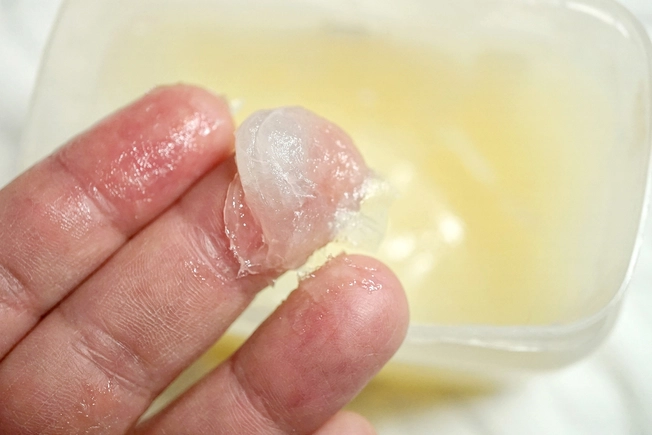
Petroleum Jelly
This oily moisturizer can soothe dry skin, including your nails and cuticles. Put it on small cuts and scratches to help them heal faster. It also treats diaper rash and might ease symptoms of atopic dermatitis or psoriasis. There’s some evidence that it works better than other home remedies to suffocate adult lice. But it won’t kill their eggs. You’ll need a special medicine to do that.
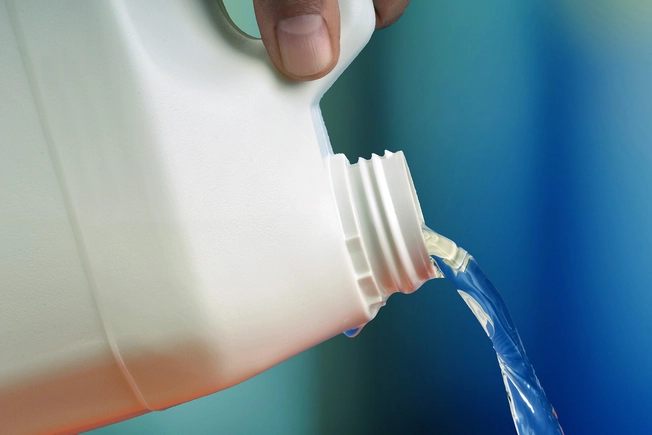
Bleach
Chlorine bleach -- the kind that’s not safe for colored clothes -- is a cheap and strong way to kill germs. It can tackle the bacteria that make your toilet bowl pink and the virus that causes COVID-19. To make your own solution, mix 4 teaspoons of bleach with 1 quart of room temperature water. Open windows and doors, and keep your eyes and skin covered. Wipe the surface and leave it visibly wet for at least 1 minute. Make a new batch every 24 hours. Always use bleach exactly as directed. Never mix it with another cleaning product. This can make toxic fumes.
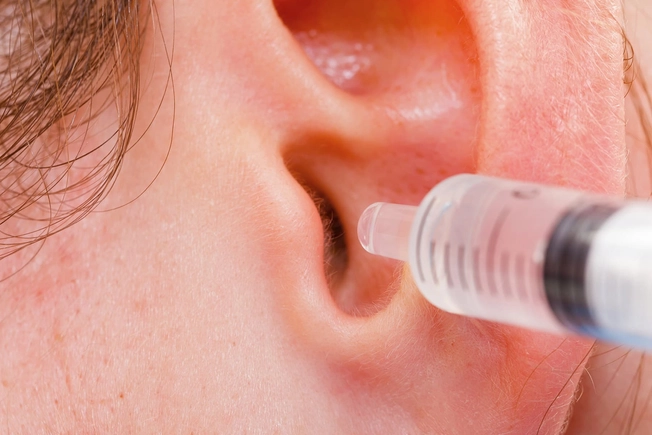
Hydrogen Peroxide
A few drops of hydrogen peroxide can soften earwax buildup. Rinse with half hydrogen peroxide and half water to kill the bacteria that cause gingivitis. Try not to swallow any. You’ll probably be OK if it’s just a little bit, but large amounts can hurt your stomach or make you throw up. Don’t use it to clean wounds. It does kill bacteria, but it may worsen scarring or cause inflammation. Use soap and water instead.
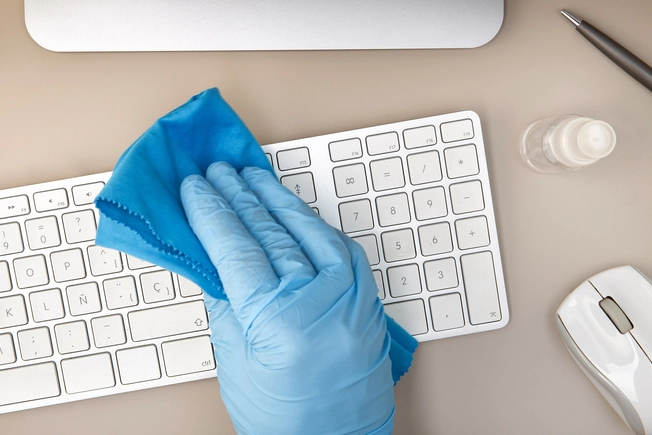
Rubbing (Isopropyl) Alcohol
It can kill germs, but it evaporates really fast. The wetness needs to linger for at least 30 seconds to kill germs. That’s why it’s best to use rubbing alcohol on small, hard surfaces. That includes your smartphone, computer keyboard, remote control, or anything with a touchscreen. Just don’t soak your electronics or get liquid near any openings.
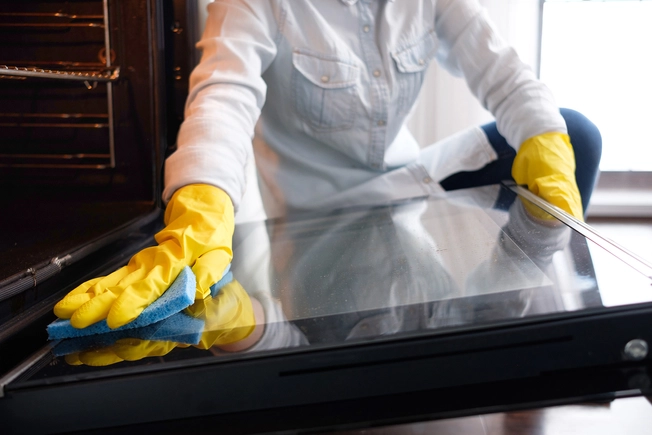
Ammonia
You can use household ammonia by itself, but it’s usually found in other cleaning products. That includes glass cleaner. It evaporates really fast -- that’s how it gives your windows a streak-free shine. To clean your oven, put 1/2 cup of ammonia inside a glass container. Leave inside your cold oven overnight. The fumes will break down the grease and make it easier to wipe off later. Don’t turn your oven on. Ammonia can catch fire. Never mix it with bleach because a dangerous gas can form
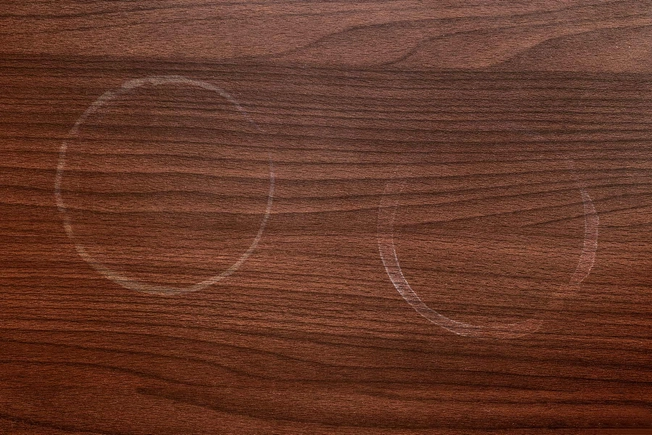
Mayonnaise
Full-fat mayonnaise can get rid of cloudy water stains on your wood table. All you do is spread the mayo out and let it sit for several hours. Let it soak overnight for old stains. Cover it up if you think your pets will lick it. Do it again if you need to.
Some people use mayonnaise to kill head lice. But there’s no evidence that this works.
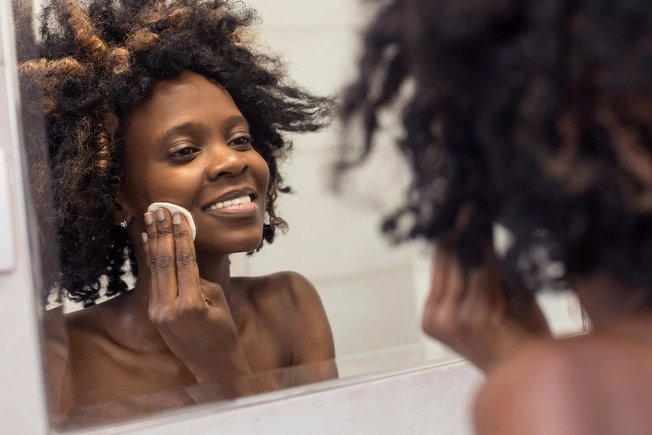
Virgin Coconut Oil
It’s a natural moisturizer. It’s also anti-inflammatory and antibacterial. Experts think that might be why it seems to ease certain skin conditions, like atopic dermatitis. Just don’t slather it all over your face, especially if you have oily skin. It might clog your pores. There’s some evidence that coconut oil can protect your hair from damage if you put it on before you shower. It’s also a natural way to take off your eye makeup.
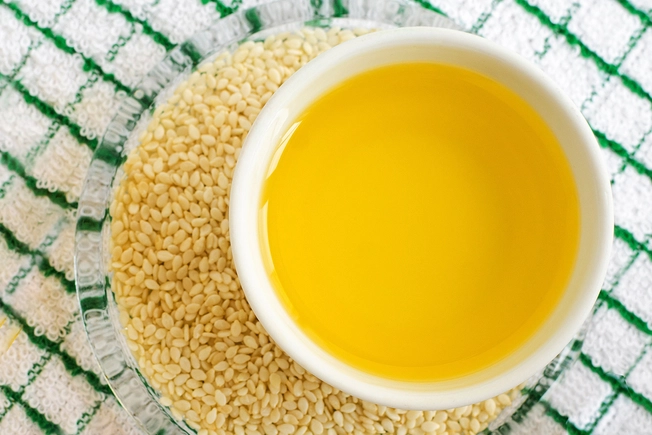
Olive Oil
This kitchen staple might help a cut heal faster, but you probably don’t want to use it as an all-over moisturizer. It’s made mostly of oleic acid. Studies show that can break down certain layers of your skin.
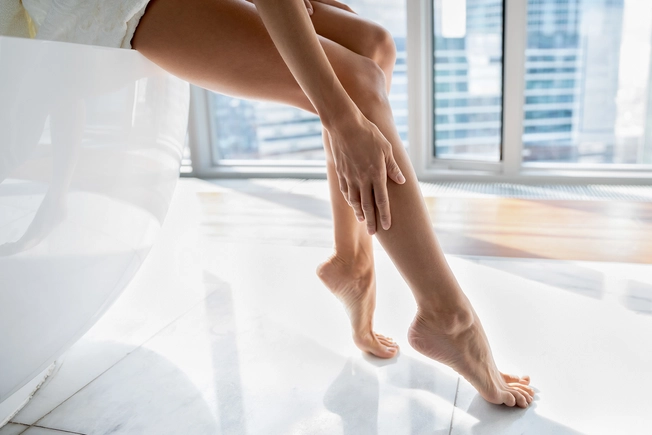
Baby Oil
It’s best to use it on places like your legs, hands, and feet. It might clog your pores if you put it on your face. You can also use it to ease the dryness and itchiness that comes with dandruff or scalp eczema. Let the baby oil soak on your head for about an hour. Then run a comb through your hair before you wash it.
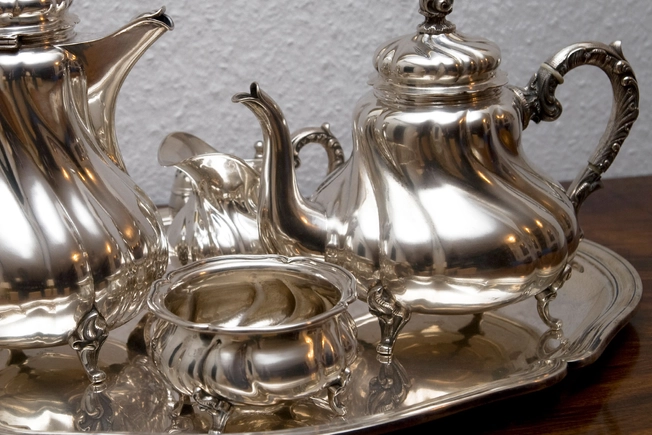
Ketchup
This popular condiment can also shine your silver. The secret is the acetic acid. That’s another name for vinegar, which breaks down the chemicals that make silver look dull. Just put some ketchup in a dish and drop your silver in. Make sure it’s fully covered. Let it sit for 5-10 minutes. Wash off the ketchup with warm water and dry with a cloth.